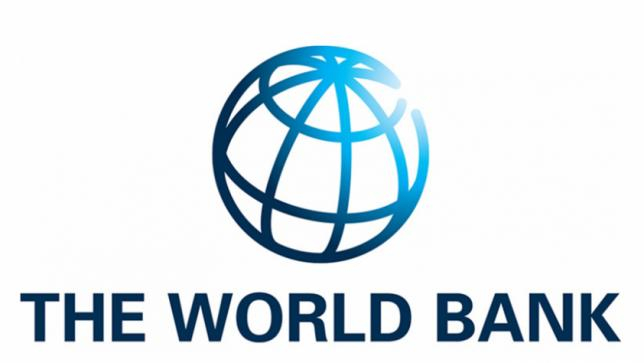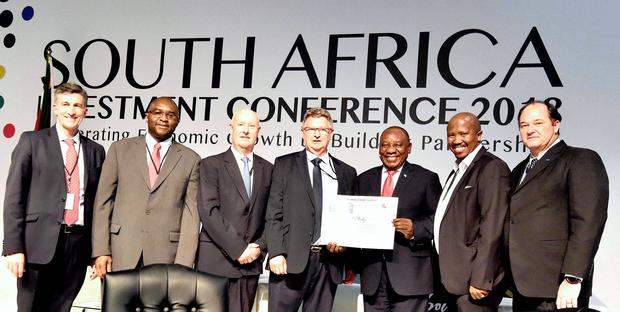
Global economic growth is projected to soften from a downwardly revised 3% in 2018 to 2.9% this year amid rising downside risks to the outlook, the World Bank said on Tuesday.
International trade and manufacturing activity have softened, trade tensions remain elevated, and some large emerging markets have experienced substantial financial market pressures, the organisation explained.
Growth among advanced economies is forecast to drop to 2% this year, the World Bank said in its January 2019 ‘Global Economic Prospects’ report. Slowing external demand, rising borrowing costs and persistent policy uncertainties are expected to weigh on the outlook for emerging markets and developing economies. Growth for this group is anticipated to hold steady at a weaker-than-expected 4.2% this year.
“At the beginning of 2018, the global economy was firing on all cylinders, but it lost speed during the year and the ride could get even bumpier in the year ahead,” World Bank CEO Kristalina Georgieva said.
“As economic and financial headwinds intensify for emerging and developing countries, the world’s progress in reducing extreme poverty could be jeopardised. To keep the momentum, countries need to invest in people, foster inclusive growth and build resilient societies,” she elaborated.
The upswing in commodity exporters has stagnated, while activity in commodity importers is decelerating, the bank added. Per capita growth will be insufficient to narrow the income gap with advanced economies in about 35% of emerging markets and developing economies this year, with the share increasing to 60% in countries affected by fragility, conflict and violence.
A sharper tightening in borrowing costs could depress capital inflows and lead to slower growth in many emerging markets and developing economies.
Further, the World Bank noted that past increases in public and private debt could heighten vulnerability to swings in financing conditions and market sentiment, while intensifying trade tensions could result in weaker global growth and disrupt globally interconnected value chains.





